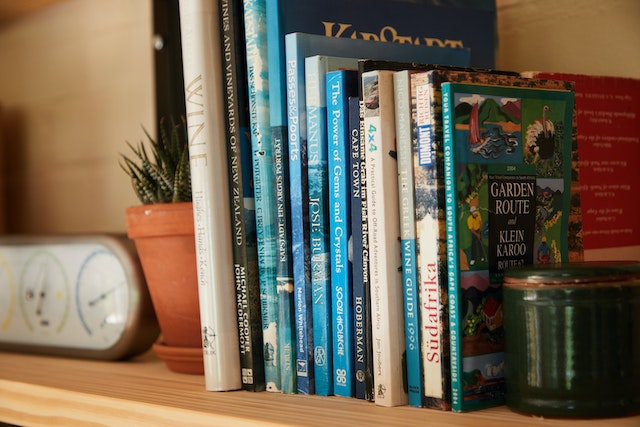These are some books a Student of English Literature must go through:
1. An Outline History Of English Literature
2. History of American Literature
3. A History of English Literature: In a Series of Biographical Sketches
4. History of English Literature
Most of the English Literature Students do not pay attention to these books. Reading this set of books helped me almost at every level of my education and career.
“The Norton Anthology of English Literature” edited by Stephen Greenblatt
“The Cambridge Companion to English Literature, 1500-1600” edited by Arthur F. Kinney
“The Oxford Companion to English Literature” edited by Margaret Drabble
“A Short History of English Literature” by Harry Blamires
“The Cambridge History of English Literature” edited by John Richetti
“The Longman Anthology of British Literature” edited by David Damrosch
“The Penguin History of English Literature” by David Daiches
“The Oxford History of English Literature” edited by Pat Rogers
“A History of English Literature” by Michael Alexander
“The Blackwell History of English Literature” edited by Cathy Shrank and Brian W. Shaffer
Here are some general tips on how to read literature books:
Start with an open mind: Keep an open mind when approaching a new literary work. Don’t let preconceptions or prejudices about the author or the genre cloud your judgment.
Read actively: Engage with the text actively, rather than passively. Take notes as you read, highlight passages that stand out to you, and ask yourself questions about what you’re reading.
Consider the historical and cultural context: Literature is often shaped by the time period and culture in which it was written. Consider the historical and cultural context in which the work was created, as this can provide important insights into the meaning of the text.
Pay attention to themes and motifs: Look for recurring themes and motifs in the text, as these can reveal the author’s larger message or meaning.
Analyze the language and style: Pay attention to the language and style of the writing, as this can convey meaning and create atmosphere or tone.
Discuss the text with others: Discussing the text with others can help you gain new insights and perspectives on the work.
Take breaks: Don’t try to read the entire book in one sitting. Take breaks to reflect on what you’ve read and to refresh your mind.
Remember that reading literature is a personal experience, and everyone approaches it differently. The most important thing is to enjoy the reading experience and to find meaning and value in the work.
Dr. Rokeya K.
Assistant Professor
Doon University


